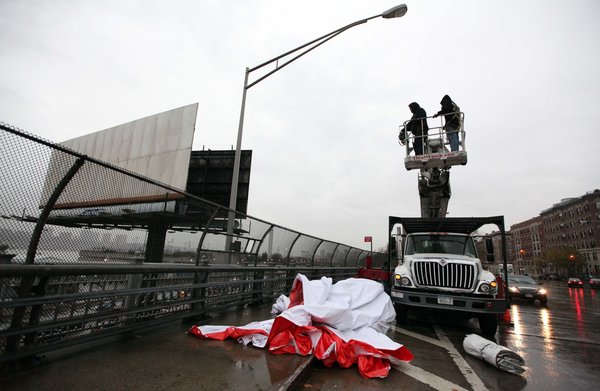By Atia Abawi, NBC News correspondent
KABUL, Afghanistan – “I am obliged to marry him, even though I can’t look at him,” 19-year-old Gulnaz said about the man she claims raped her.
Gulnaz, who uses one name, has been in an Afghan prison cell for about two years. She says she only has one choice if she wants to bring dignity back to her family and tribe: She must marry the man who forced his way into her home, tied her up, and then raped her.
The man was Gulnaz’s cousin’s husband, and the humiliation continued a few months after the attack, when Gulnaz finally got the courage to tell Afghan police what had happened. Instead of getting justice, she was accused of adultery and sent to prison.
“I do not know why they put me in jail,” Gulnaz said when NBC News recently visited her at the women’s prison in Kabul.
Her daughter, Moskan, a result of the rape, lay sleeping on a bed nearby – she was born on the floor of Gulnaz’s prison cell.
According to Gulnaz, she was initially given a two-year prison sentence, so she appealed. The court of appeals refused to accept her accusation of rape, she said, and raised her sentence to 12 years. They didn’t believe she was raped because they told her that a woman couldn’t get pregnant after her first sexual encounter, so therefore she must have had a consensual sexual relationship with her accuser, they told her.
Justice, with a caveat
The ruling and statement outraged many, including American lawyer Kimberley Motley who has been practicing law in Afghanistan for three years and decided to take on Gulnaz’s case. Just last week Motley helped Gulnaz gain a pardon from Afghan President Hamid Karzai.
But the pardon came with a caveat. A press release from the presidential palace stated that the president had decreed her release “taking into consideration the consent of both sides for a conditional wedlock.”
In other words, she was free to go – if she agreed to marry her rapist. (Even though her rapist is already married, in Islamic societies, like Afghanistan, polygamy is allowed, with the specific limitation that men can have up to four wives).
Not the victory many were hoping for, but a small victory for women in a society who have seen few.
“I think the biggest challenge [Afghan women] face is being women in this society,” said Motley. “I mean, there is no doubt that they are second-class citizens. They just don’t have the same opportunities as men. They don’t have a voice, or their voice isn’t as respected as men.”
Motley has been appalled at how women in Afghanistan are treated, but she acknowledged that some strides have been made and hopes Gulnaz’s pardon will set a precedent for future cases.
“It definitely is putting the attorney general’s office, the supreme court and also others that are working within this justice system sort of on notice,” Motley said.
Not enough
But others are more skeptical. Heather Barr, with Human Rights Watch in Afghanistan, doesn’t believe Gulnaz’s case will change the tide on women’s rights in a country riddled with traditional cultural obstacles.
“It would be really comforting to think that Gulnaz’s case is one strange aberration where the justice system for one particular case has gone wrong,” Barr said. “Unfortunately, this is as far from the truth as could be.”
Out of the approximately 600 adult female prisoners in Afghanistan, more than half are in a similar predicament as Gulnaz, Barr said, meaning they have been charged with a “moral crime.”
So-called moral crimes are crimes that are not codified in Afghan law, but they are covered in the constitution as a crime against culture and religion. That includes everything from adultery to even running away from home.
“Not only are there hundreds of these cases, but these cases send a message to all Afghan women who are facing forced marriage, or abuse in the home, or sexual assault that there isn’t any help available to them and the consequences of seeking help are likely to be further victimization,” Barr said.
In the meantime, Gulnaz is counting down the days until her release – which is expected to be soon.


 so might be if anything particularly easy to practice denial towards, despite perpetrating quite literally the most despised acts in our culture.
so might be if anything particularly easy to practice denial towards, despite perpetrating quite literally the most despised acts in our culture.

